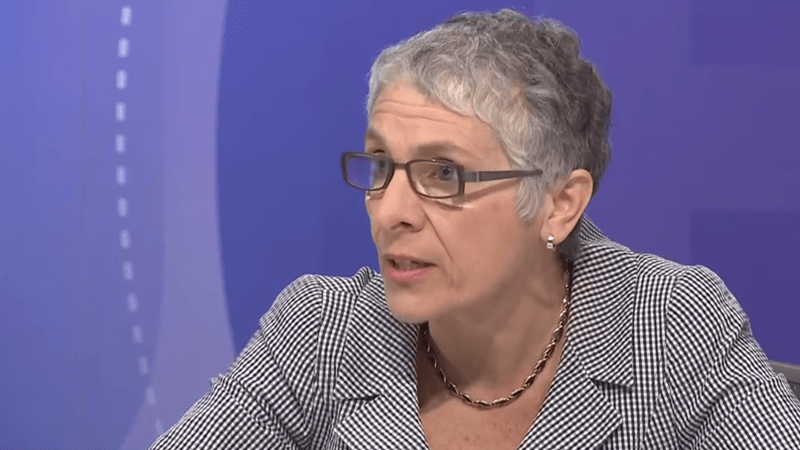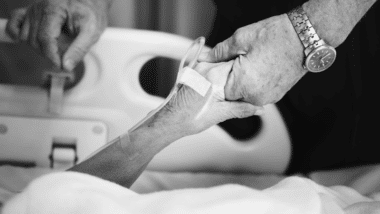Legalising assisted suicide in England and Wales would usher in an era of inhuman “death-dealing”, a columnist has warned.
Writing in The Times, Melanie Phillips railed against the “deeply cynical” campaign of those pushing for end-of-life safeguards to be removed.
Welcoming Phillips’ article in a letter to the newspaper, former palliative care consultant Dr David Jeffrey said any change in the law prohibiting euthanasia would pose a considerable practical and ethical risk “to the provision of compassionate palliative care”.
‘Floodgates’
Phillips argues that, in decades past, “numerous attempts to permit some form of physician-assisted death” have been “resisted for good reason” and defeated by ‘strength of argument’.
I’m so glad that assisted dying is illegal – I would have missed so much. #MND #ALS https://t.co/h9rkhsgA6s
— eyegazeartist (@sarahezekiel) December 12, 2022
She explained: “The change is opposed because of its likely downside in opening the floodgates to the inhuman treatment of extremely vulnerable people.
“They may come under pressure to end their lives by relatives who are either unscrupulous or simply unable themselves to cope with the pain and distress of seeing their loved ones suffer.”
Life
Phillips continued: “Very sick people may well want to end their lives, sometimes because their care is inadequate – a situation likely to be exacerbated by the accelerating crisis in the NHS.
“But with better care and support they may discover a purpose in continuing to live.
“In 2009, a motor neurone disease sufferer, Sarah Ezekiel, who could communicate only through a computer, observed that whereas once she wanted to be ‘put down’ like an animal, better care helped her realise that she could have a productive life that would give her enjoyment and satisfaction.”I would have missed so much
In response to Phillips’ opinion piece, Sarah Ezekiel tweeted: “I’m so glad that assisted dying is illegal – I would have missed so much.”
‘Killing’
The experienced journalist and broadcaster criticised assisted suicide campaigns for “featuring stories of appalling suffering from terminal illness”, a number of which, she claimed, “have been distorted in order to terrify people”.
She also highlighted the evident “switch in terminology to ‘dying’ to describe a process by which someone procures another person’s death”.
Adding: “Dying happens to us all. Euthanasia or assisting someone to die are euphemisms for killing them or helping them kill themselves.”
Campaigners such as Dignity in Dying (formerly known as the Voluntary Euthanasia Society) , she contended, were guilty of blurring “the line between dying and killing”.
Impassioned plea
Phillips concluded: “The legal barrier against euthanasia and assisted suicide is there for a purpose. It is a line in the sand that prevents us slipping into a culture of death-dealing.
“Crossing it would not produce a culture of compassion. It would brutalise an entire society.”
Her impassioned plea to protect the vulnerable was provoked by the recently announced Health and Social Care Select Committee inquiry into “assisted dying/assisted suicide”.
Chairman of the Committee Steve Brine MP stated that, as assisted suicide has been legalised in countries such as Canada, “it is time to review the actual impact of changes in the law in other countries in order to inform the debate in our own”.
Resistance
Earlier this year, the House of Lords defeated Lord Forsyth’s amendment to the Health and Care Bill that sought to allow terminally ill adults to get help from doctors to kill themselves.
This was the twelfth time since 1997 that proposals for assisted suicide related laws have not been passed by UK parliamentarians.
Kiwi lawmaker wants broader euthanasia laws one year after legalisation
Death pods marketed ahead of Scotland assisted suicide vote
Medics in Canada tell bed-ridden man to opt for assisted suicide or face huge medical bills



